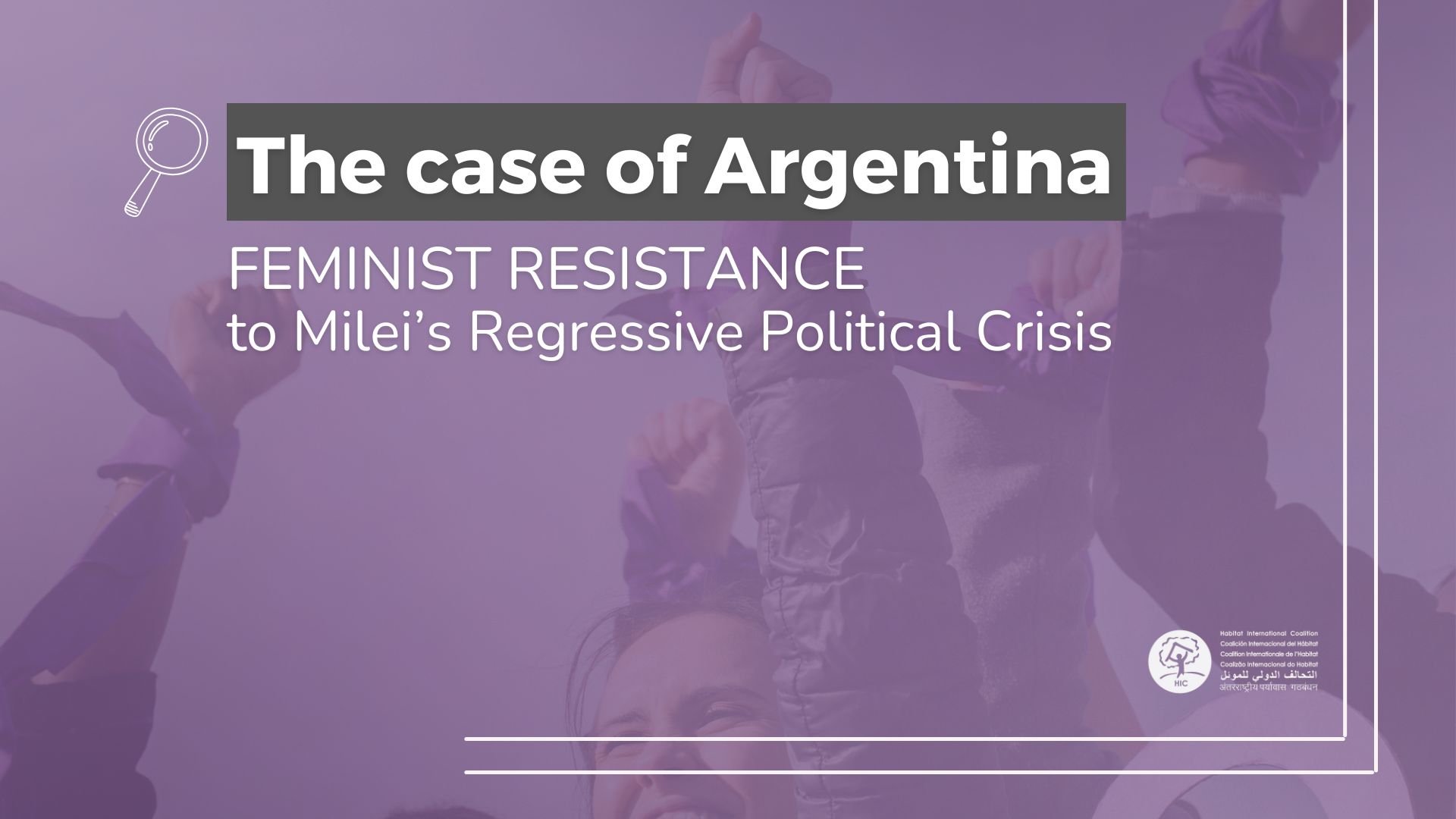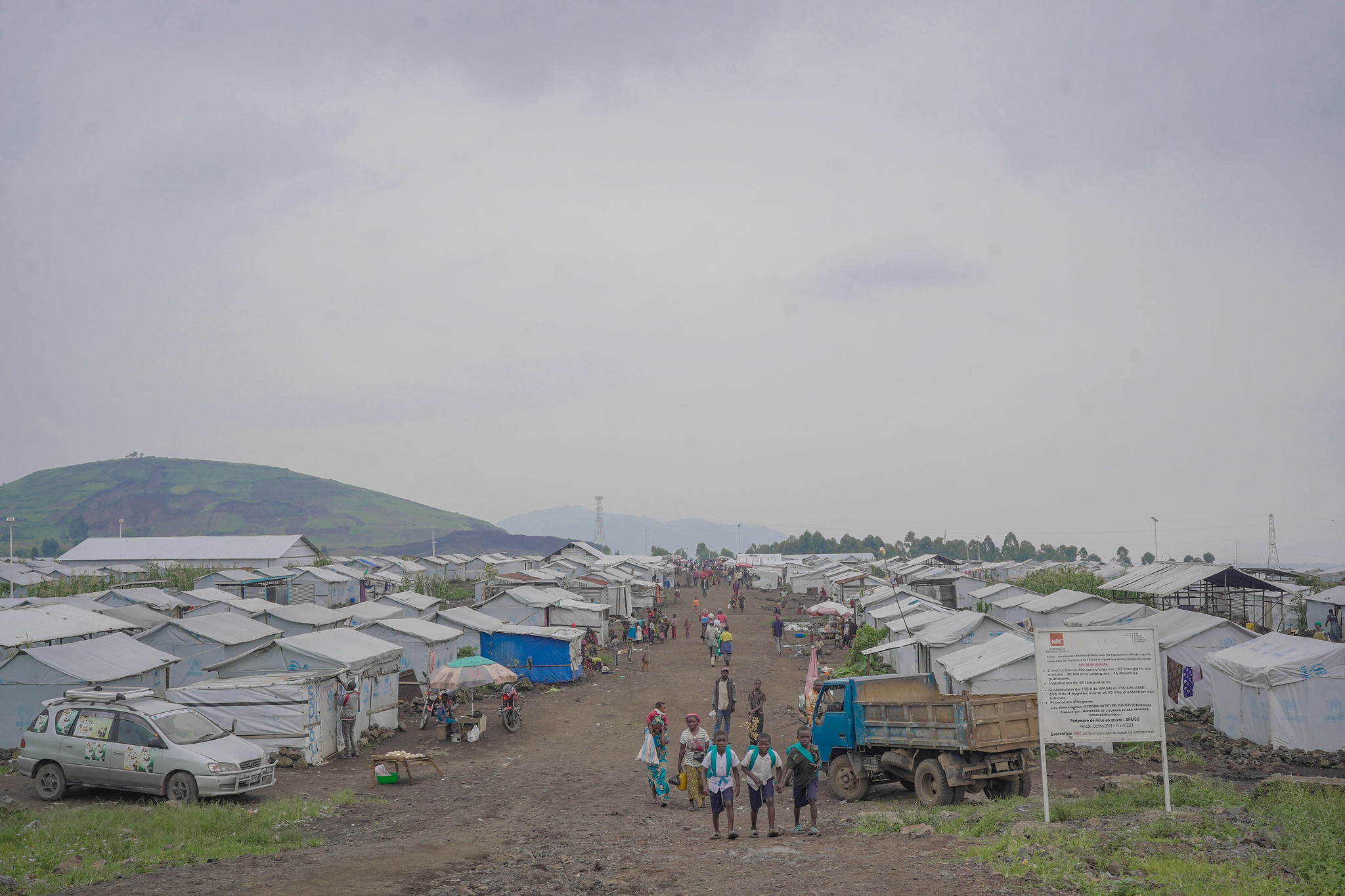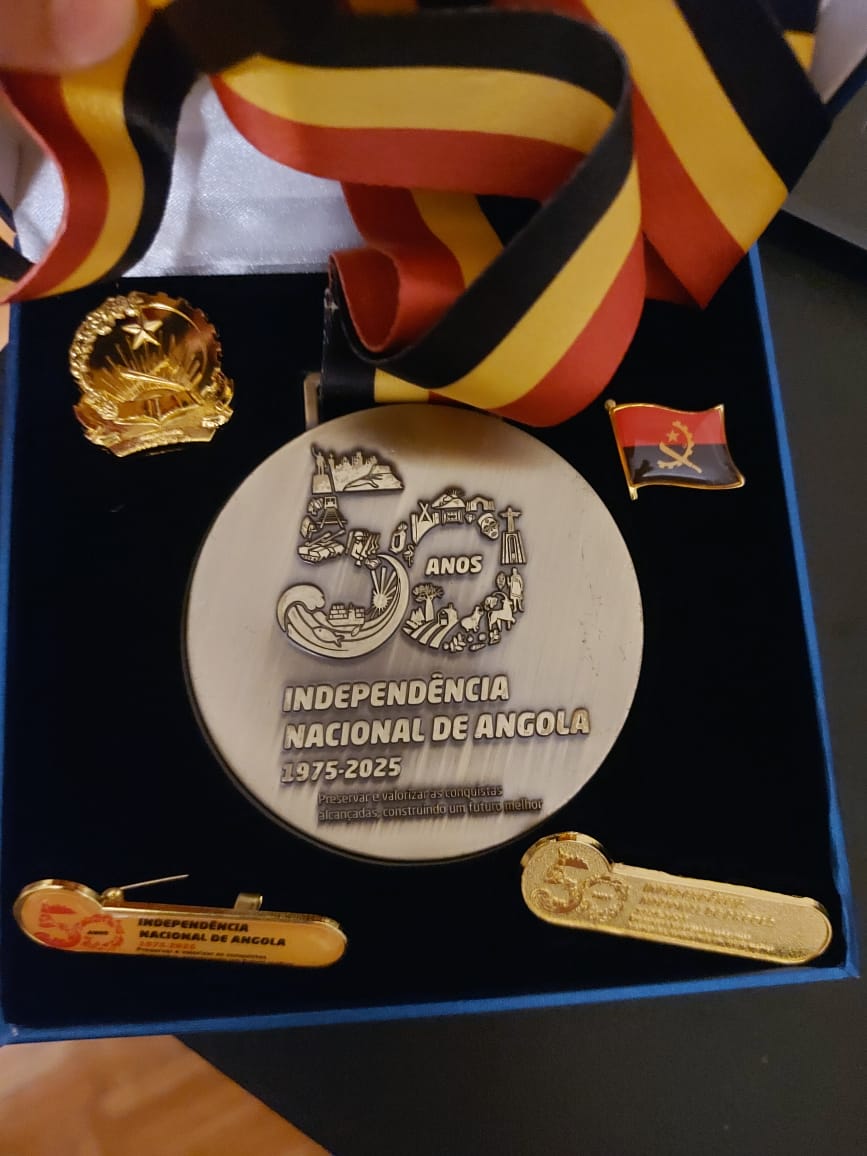Urgent Action Appeal
Case PAL–DN 270507
House/community demolitions, forced evictions, dispossession,
use of force, deprivation of the means of subsistence
The Housing and Land Rights Network (HLRN), a thematic Member group of Habitat International Coalition (HIC), has received information from local members and others, including Badil, Al Haq and Stop the Wall Coalition, about consistently increasing trends of violations in both the Jordan Valley and. the occupied Palestinian territory (oPt). These violations require your urgent action.
Brief description
Continuing a long-established strategy of annexation, the Israeli occupation authorities announced in February 2006 that they would begin to construct the southern section of its Separation Wall through the Jordan Valley. This latest defiance of international law and the International Court of Justice will further worsen the lives of the 200,000[1] West Bank residents, including seasonal workers and farmers, already prevented from accessing their lands in the Jordan Valley. Beginning with its seizure of the territory in 1967, Israel has been absorbing the Jordan Valley by dispossessing indigenous Palestinians of their land and by the ethnic cleansing of its people. Prime Minister Ehud Olmert publicly announced, in 2006, that the Jordan Valley would not return to its Palestinian owners, but instead would form the “eastern border of Israel.”[2] The Jordan Valley is a fertile eastern section of the West Bank whose agricultural production is a crucial means of subsistence for the Palestinian people there, and the source of livelihood for many Palestinian farmers.
Palestinians, as well as many local and international organizations, understand the Wall construction as a tactic of Israel’s strategy to annex more Palestinian territory and natural resources. One UN official described Israel‘s actions as "…establishing its borders and setting facts on the ground before a peace agreement is reached with the Palestinians."[3] The Jordan Valley comprises 28% of the West Bank or 2,400km2, of which 455.7 km2 is considered “closed military areas,” 1655.5 km2 will be controlled by settlements, and 243 km2 has been confiscated along the border with Jordan.[4] This leaves only 45 km2, or 2 %, of the Jordan Valley for Palestinians. Before Israel’s 1967 invasion of the West Bank, Palestinians used the Jordan River waters through 140 pumping units, all of which Israel either confiscated or destroyed during and after that war. In addition, Israel foreclosed the large, irrigated Jordan Valley areas used by Palestinians, detemining them to be “military zones,” some of which Israel later transferred to Israeli settlers.[5]
Since the 1970s, Israel has established 26 settlements and five Nahal Brigade encampments, comprised of 7,500 settlers on this segment of Palestinian territory.[6] In addition, Israel has invested $24 million in "development" projects in 2003–05, with another $19 million allotted 2006–08.[7] Israel has established seven permanent checkpoints in the area, in addition to flying checkpoints that have aimed to prevent Palestinians from accessing their lands and sources of income. Consequently, the intricate network of checkpoints, permits, and military orders effectively have laid siege on the neighbouring West Bank communities and territory. In May 2005, Israeli military orders prohibited any entry into the Jordan Valley area except by registered residents of towns in the Valley and Palestinian workers with Israel-issued permits.[8] Israel‘s separation policies also have extended to prohibiting private Palestinian vehicles from using Route 90, which main traffic artery runs the length of the Jordan Valley and connects the West Bank to Jericho and the Allenby Bridge, linking the West Bank to Jordan.[9] Economically, these violations of freedom of movement hamper Palestinians from their means of subsistence, thus plunging the Valley‘s 53,000 Palestinians into deeper poverty.
While such Israeli aggression is widespread, serial and continuous against the Palestinians there since 1967, the four cases below simultaneously have produced the most-recent victims:
Tubas, Jordan Valley
Israel’s army confiscated 1,000 dunums[10] from Tubas by "military orders" and under the rubric of “absentee property,” a common legal device that Israel uses to annex Palestinian lands. The Tubas lands lie next to the Bigot settler colony and settler by-pass Road No. 80.
al-Hadidya,[11] Jordan Valley
This 20,000-dunum expanse of fertile land is home to approximately 500 indigenous Palestinian residents. On 10 April 2007, Israeli occupation forces (IOF) ordered five extended families of approximately 120 people to leave the area on or before 21 April 2007. The Palestinian residents and farmers from the nearby villages of Tamun and Tubas own the land, but the IOF.prohibits them from using nearby water wells under settlers’ control, forcing the Palestinians to transport water from as far as 20 km. The IOF also prohibits from building roads or linking to electricity grids. The land of al-Hadidya village is renowned for its fertility and groundwater resources, a key reason for settler expansion that has resulted in intensive cultivation and the settlers’ theft of vital water resources.
al-Aqaba,[12]Jordan Valley
The village of al-Aqaba lies on an area of some 30, 000 dunums of land in the Jordan Valley. However, the villagers of al-Aqaba are confined to less than 0.1%, or 20 dunums, of their original lands.[13] In addition, the occupation authorities issued demolition orders to six homes. The village itself is doubly disadvantaged, by lying within the Israeli-designated military areas of the Jordan Valley, as well as in the path of the infamous Wall. In 2003, Israeli authorities served villagers with demolition orders to make way for the Wall‘s construction, which eventually will result in al-Aqaba being entirely isolated from neighboring towns of Taysir and Tubas, where al-Aqaba residents access their education, health and other municipal facilities. Moreover, the Wall also will prevent the villagers from accessing their only water source in the Far‘a Valley, southwest of Tubas.[14]
Jahalin Bedouin, West Bank
The residents of the villages of Abu Dis, al-Zarya, Eastern Sawahrah, al-Za‘im, and Shaykh Sa`ad in the West Bank, as well as the particularly vulnerable Jahalin Bedouin community, the residents are deprived by Israel‘s vast E1[15] settler colony plan, with construction of a new Jewish settler colony east of Jerusalem. Israel officially refers to this plan as a expansion of the existing colony of Ma‘ale Adumim, which now links with the nearby construction of the Wall. The combined the E1 plan and the Wall construction effectively annex that part of the West Bank, on which the villages lie, to Israeli-controlled Greater Jerusalem.[16] The Jahalin, who number some 2,700 persons, are particularly violated, because of their consequent lack of adequate housing and land, following a long series of displacements by Israel from their original homeland in the Naqab/Negev (now in southern Israel).
al-Nu`man village,[17] West Bank
This village, with a population of 220, is located southeast of Jerusalem and northeast of Bethlehem, near Bayt Sahur. When Israel separated East Jerusalem from the West Bank by illegally annexed the Holy City and surrounding areas, including al-Nu`man village, in 1981, it recorded most of al-Nu`man’s inhabitants as West Bank residents, thus, rendering their status as illegally residing in Jerusalem. In addition to the consequent difficulties that their ID cards posed for the residents, Israel’s settlement construction and expansion into the area also took the land of al-Nu`man village. Specifically, the Har Homa settler colony, begun in 1997, lies on a portion of the village‘s land. In addition, Israel has confiscated substantial tracts of the land for the establishment of a military area and the Mazmuriyya trade terminal. The Wall currently envelops the village on three sides, leaving only one entry/exit point and severing it from both East Jerusalem and the West Bank. Finally, the Jerusalem Ring Road, whose construction already has begun, will cut directly through the village.
Duty Holders
The Israeli government is the primary duty holder. The Israeli government‘s dispossession of the indigenous Palestinians in this currently targeted territory is carried out through its political, judicial and security institutions, illegally annexing indigenous Palestinians’ land, water and natural resources; preventing their access to means of subsistence and vital resources; and conducting the ethnic cleansing of Palestinians for benefit of its colonizing Jewish population. Israeli parastatal institutions—especially the Jewish National Fund (JNF) and World Zionist Organization (WZO)—also have been supporting, cooperating and/or initiating these illegal actions. That belies the WZO and JNF self-promoted international public pretence as nongovernment and charitable institutions. The JNF and WZO, as parastatal organizations legislatively link to the State of Israel, their essential, chartered purpose is to implant and expand settler colonies (and outposts) throughout the oPts, announcing and collecting contributions for more, despite “disengagement” projections, international public law prohibitions and the 2004 International Court of Justice opinion. In the United States alone, the JNF raised $52 million (tax-exempt) last year. It holds 13% of all land in Israel’s control and explicitly prohibits the sale or rental of land to non-Jews. In occupied Palestine, settlements in the Jordan Valley grew most through 2005, aided by the ongoing program of the WZO Settlement Department and its affiliates, providing generous incentives to young Israeli settler couples.[18]
Critique of the official reasons
The State of Israel, its elected government, its military forces, and its concerned parastatal institutions, including WZO and JNF, bear the duty to uphold binding international humanitarian and human rights norms in their treatment of the civilian population, especially including refugees. Compliance with these rules also applies to private parties, which the State is required to regulate in order to avoid contributing to violations. The Government and State of Israel is duty bound to respect, protect and fulfil the rights of civilians under its jurisdiction and effective control.
Legal aspects
International Human Rights and Humanitarian Treaty Violations
As a standard of international customary law, the Universal Declaration of Human Rights affirms in all circumstances that “Everyone has the right to own property alone as well as in association with others…” and that “No one shall be arbitrarily deprived of his [or her] property.” Further, the arbitrary deprivation of legal remedy contradicts also Israel’s treaty obligation under the International Covenant on Civil and Political Rights (ICCPR) to respect and protect human life, even in time of public emergency.
Under the two Covenants (ICCPR and ICESCR), Israel bears a treaty-bound obligation to respect, protect, promote and fulfil these positive human rights and entitlements in an environment of self-determination, nondiscrimination, gender equality, rule of law, international cooperation, and nonregressivity.
The State also breaches its obligations under the International Covenant for the Elimination of Racial Discrimination (ICERD), both in general and specifically Article 5(e)(iii) (the right to housing), which treaty it ratified on 2 February 1979. In November 2001, the UN Committee reviewing the Convention against Torture (CaT) specifically cited Israel’s conduct of house demolition as a form of cruel, inhuman and degrading treatment and/or punishment. Israel ratified the CaT treaty on 2 November 1991, accepting its international duty to uphold the human right to freedom from torture and cruel, inhuman and degrading treatment and/or punishment.
Such Israeli practices in the oPt violate the Fourth Geneva Convention relative to the Protection of Civilian Persons in Time of War (1949), which the international community frequently has reaffirmed as de jure applicable, and which prohibits destruction of civilian (private and public) properties, collective punishment and targeting civilians (Articles 33, 53, 49 and 47). The destruction and appropriation of property not justified by military necessity also constitutes a grave breach under Article 147.
While Israel has disputed the repeated international affirmation of the Fourth Geneva Convention’s de jure application, the State has accepted that The Hague Regulations (1907), embodying similar prohibitions, form part of Israel’s domestic law.[20] The reported destructive acts do not meet requirements of military necessity, required under humanitarian law.
Finally, it is worth noting that the 1998 Rome Statute of the International Criminal Court defines war crimes and crimes against humanity to include both “population transfer” (art. 7[1][d] and 7[2][d]) and the “extensive destruction and appropriation of property, not justified by military necessity and carried out unlawfully and wantonly” as (art. 8, 2.a [iv]).
Action requested:
Please write to the Israeli authorities, international officials, and/or your local politicians demanding that:
-
Israel cease its illegal actions against indigenous Palestinians;
-
Israel’s parastatal organizations (WZO and JNF) registered and operating internationally be treated as foreign agents (representing a foreign State), and not as charitable organizations;
-
and that both Israel and its parastatal organizations be held accountable for their conduct both in Palestine and internationally.
See Sample Letters in attachment (jordan_valley1.doc and jordan_valley2.doc)
or visit http://www.hlrn.org/cases.php?id=93 to directly support the case and/or find out more information.
Kindly inform HLRN of any action undertaken quoting the code of this appeal in your reply to: urgentactions@hlrn.org .
Addresses of Duty Holders:
In Israel
Ehud Olmert
Prime Minister of Israel
Prime Minister’s Office
3 Kaplan St., Qiryat Ben Gurion
P.O. Box 187
Jerusalem 91919
Tel: +972 (0)2…
Fax: +972 (0)2 651–2631
Website: http://www.pmo.gov.il
E-mail: pm_eng@pmo.gov.il
Jewish National Fund
Ronald S. Lauder, president
JNF-USA Headquarters
42 East 69th Street
New York NY 10021, United States
Tel: +1 (888)…
Email: communications@jnf.org
For International offices, please see: http://www.jnf.org.au/index.cfm?Action=links
World Zionist Organization
Boaz Herman, Director
633 Third Avenue
New York, NY 10017
Tel: +1 (212)…
Fax: +1 (212) 318-6145
E-mail: aliyahny@jafi.org
For international offices, please see: http://www.jewishagency.org/JewishAgency/English/Contact+Us/International+Offices
Jewish Agency
Schiller, Jim
President
Tel: +1 (212)…
Fax: +1 (212) 935-3578
Email: azmpresident@comcast.net
For international offices, please see: http://www.jewishagency.org
Israeli Missions Abroad
Please contact the Israeli mission nearest you protesting Israel‘s actions. For a full listing of mission, visit:
http://www.israel-mfa.gov.il/mfa/about%20the%20ministry/diplomatic%20missions/Web%20Sites%20of%20Israeli%20Missions%20Abroad
International Officials
H.E. Ban Ki-Moon
UN Secretary-General
UN Headquarters
UN Plaza
New York NY 10017, United States
E-mail: ecu@un.org, coi@un.org
H.E. Sheikha Haya Rashed al-Khalifa
President of the UN General Assembly
United Nations Headquarters
Conference Building
New York NY 10017, United States
Tel: +1 (212) 963–2486, 963–5067
Fax: +1 (212) 963–3301, 963–3133
E-mail: presidentga61@un.org
José Manuel Barroso
Office of the President
European Commission
E-mail: sg-web-president@ec.europa.eu
Hans-Gert Poettering
President of European Parliament
Rue Wiertz
PHS 11B011
Brussels 1042, Belgium
Tel:


